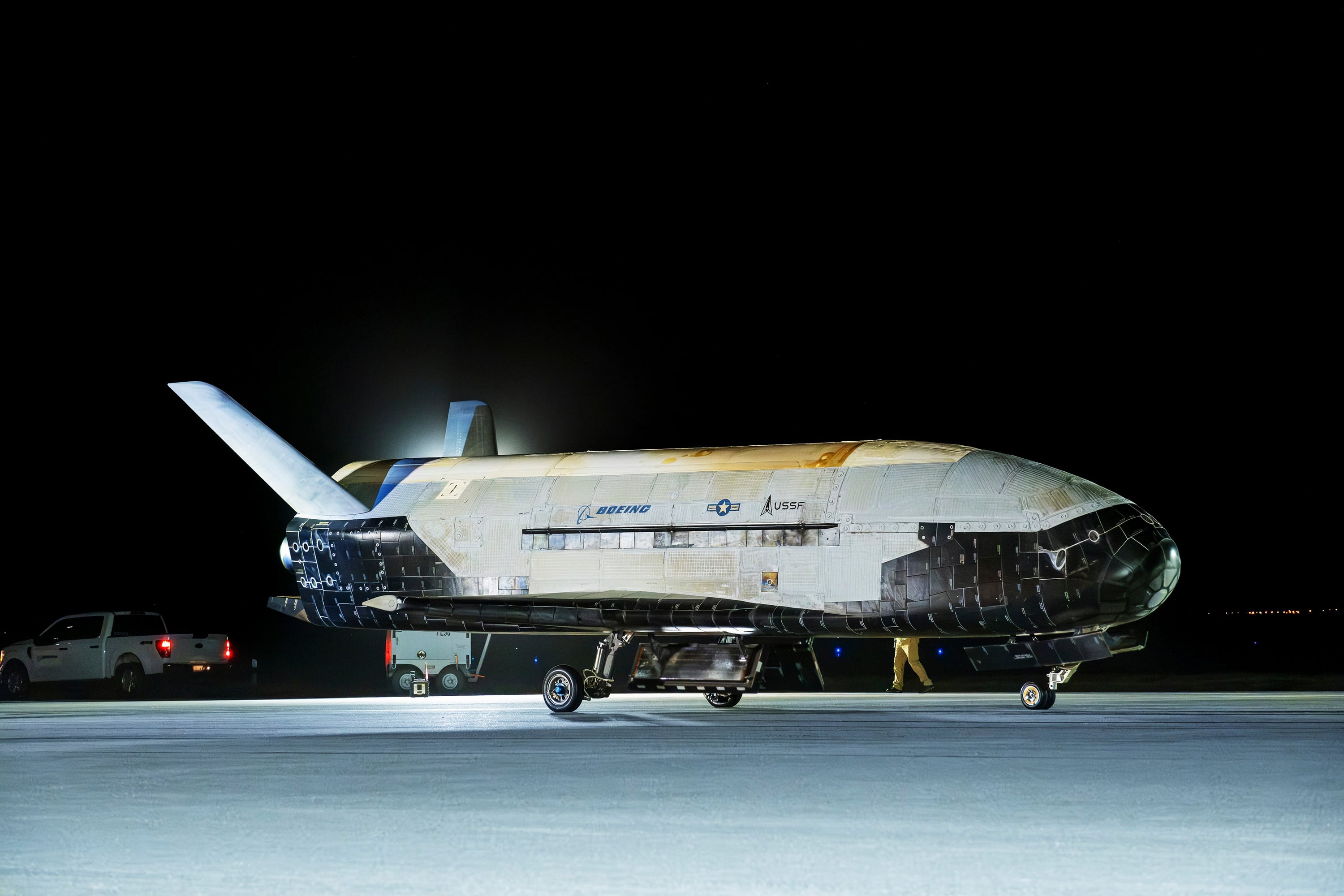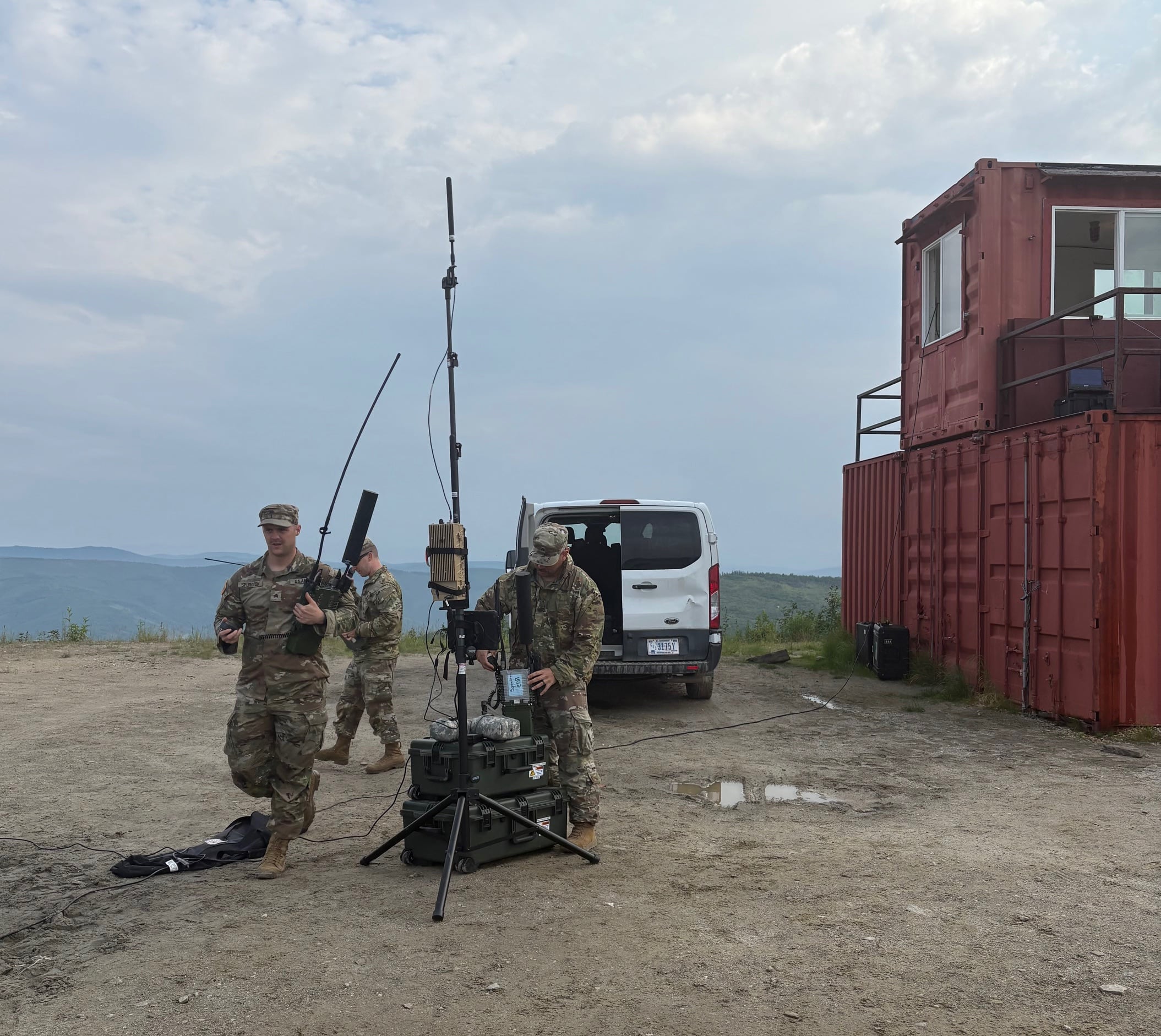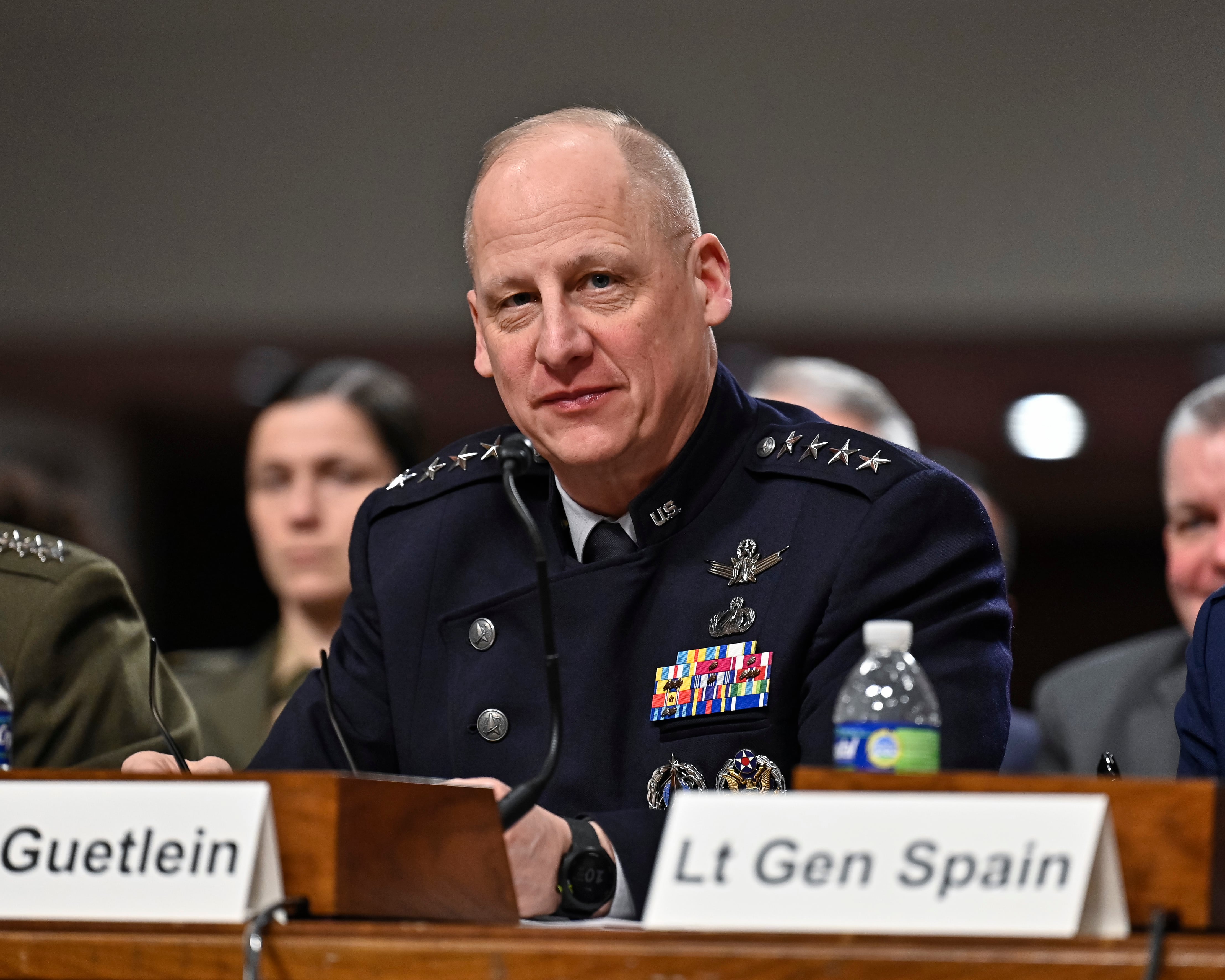At the recent NATO held a summit in Warsaw, . At that summit NATO's defense ministers designated cyberspace as an operational domain, joining Cyber is sometimes referred to as information joins land, sea (also called maritime), air and space (some say space in not an operational domain).
According to the "Department of Defense Dictionary of Military and Associated Terms," cyberspace is defined as "a global domain within the information environment consisting of the interdependent network of information technology infrastructures and resident data, including the Internet, telecommunications networks, computer systems, and embedded processors and controllers." This NATO's action creates the ability to invoke Article 5 in response to a cyberattack. Basically, Article 5 Collective Defense means that an attack (now including cyberattacks) In other words, an attack — now including a cyberattack — against one NATO ally is considered as an attack against all NATO allies.
FACT: NATO invoked Article 5 for the first time in its history after the 9/11 terrorist attacks against the United States.
This opens up the billion-dollar question: – wWhen does a cyberattack become an act of war? or as many people phrase it - what constitutes an act of cyber war? That question has been debated for years and is still unclear. However, in May last month (May) Sen.ator Mike Rounds. R-S.D., introduced a bill called Cyber Act of War Act of 2016. If passed, the bill it would require the White House to create a specific policy that defines acts of cyber war.
If passed, the bill it would require the White House to create a specific policy that defines acts of cyber war.
Now that cyber is an official operational domain, it is critically important significant efforts are made to answer these and many other questions about cyber conflict. For example, If and when completed could the recent breach of the Democratic National Committee's computer network, thought to have come from Russia, be considered an act of war? What about the international group Anonymous declaring "total war" on the Donald Trump presidential campaign? cyberattack on the U.S. election process (recent attack and breach at the Democratic National Committee) that is thought to have come from Russia be considered an act of cyber war? Or could how about the international group known as Anonymous that recently declared a "total war" on presidential candidate Donald Trump be considered an act of cyber war? Link: https://www.youtube.com/watch?v=PvCC2qONQFg
We should not forget that Anonymous also declared cyber war on Turkey not that long ago. Research seems to indicate that Anonymous has actually declared cyber war at least six times, but the group Anonymous is not a nation-state. That adds a totally different perspective to the declaration of war. Some call Anonymous a virtual-state. Could or would NATO and/or the U.nited S.tates declare war against non-state or virtual-state actors? That is a very complex subject and one that drew a spirited debate recently among experts in the cyber realm. Now that cyber is an official operational domain, it is critically important significant efforts are made to answer these and many other questions about cyber conflict.
Stop and consider that mMany believe the first cyberattack occurred way back in 1988 when Robert Morris created and released what is commonly known as the Morris Worm in what he called an effort to gauge how big the Internet was. He then became the first individual convicted under the U.S. Computer Fraud and Abuse Act. Others point to the 2007 distributed denial of service (DDoS) cyberattack that targeted Estonian government networks by an unknown foreign entity that took place just after Estonia had a disagreement with Russia over the removal of a war memorial. Still others point to the 2008 cyberattack that struck the Pentagon which was called "the worst breach of U.S. military computers in history." It took 14 months for DoD to remove the malware named agent.btz from military networks. One has to wonder since apparently t
These hostile acts did not rise to the level of where a declaration of war was made, so what would it take? What would a cyberattack that rises to the level of an act of war look like? Would it have to include the direct or possibly indirect loss of life?
Whether you believe cyber conflict started in 1988 or 2008 or somewhere in between the 20-year period, you have to admit it is an extremely long period of time to take to decide given how dependent all members of NATO and the world for that matter have become on computers and the Internet and the ever increasing number of attacks. If this is the speed that NATO operates, their its ability to be effective in the cyber domain is in serious question given the rapid pace of events in the cyberspace threat environment. That should be a concern for all NATO members.








